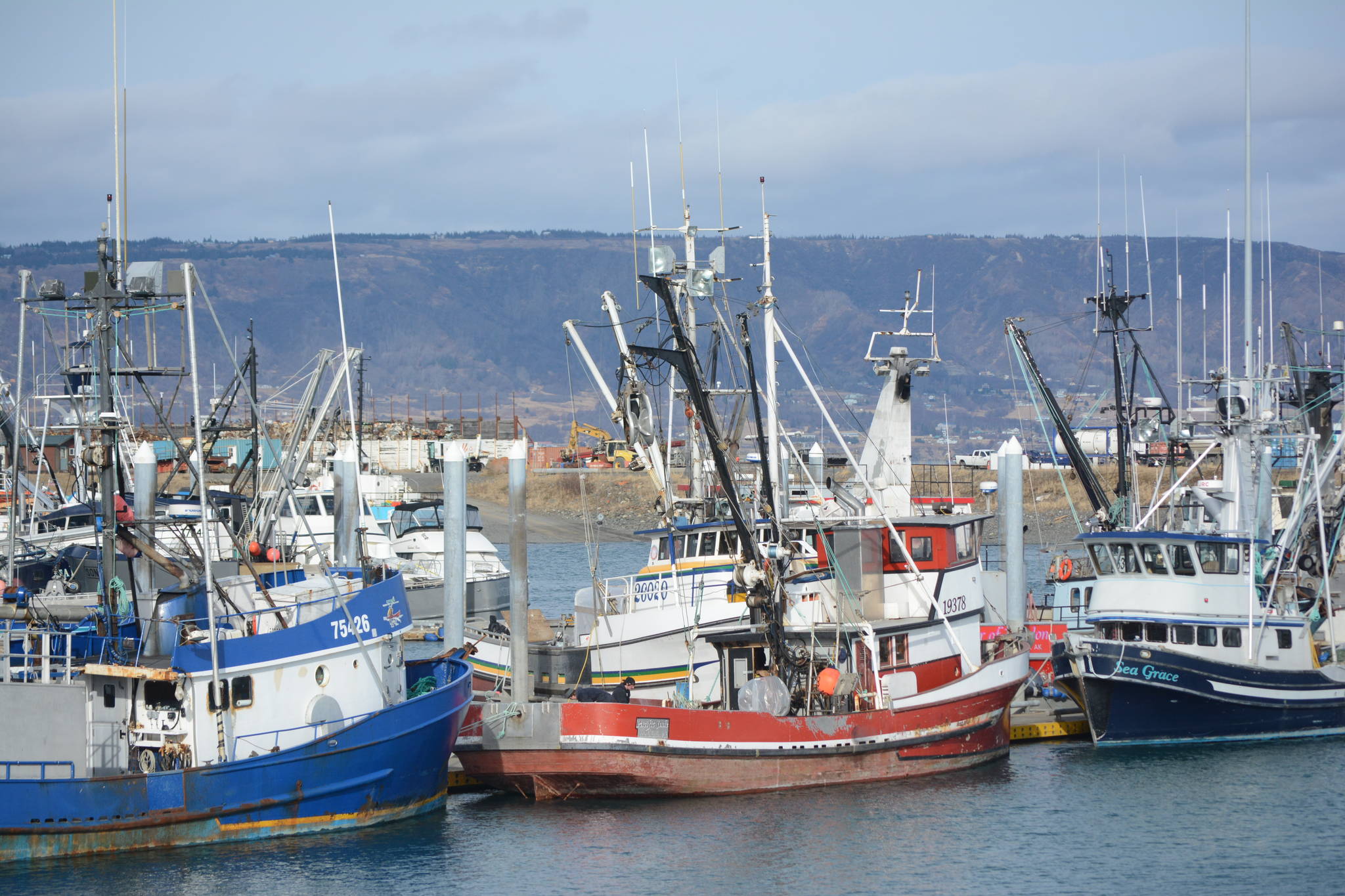Alaska’s Supreme Court heard arguments last week about the legality of a raw fish tax that has pumped at least $25 million into coastal communities over the just the past five years, according to KUCB Public Radio in Unalaska.
A Washington state catcher/processor filed suit to challenge the Fisheries Resource Landing Tax that has been in place since the 1990s and taxes seafood caught by factory trawlers and floating processors.
Even though the fish is caught outside the 3-mile line in what’s considered federal waters, it’s often brought to Alaska fishing ports before loaded on cargo vessels and shipped overseas.
But seafood company Fisherman’s Finest has challenged the tax in court, arguing it violates a pair of provisions of the U.S. Constitution that restricts coastal states from imposing tariffs or duties on goods brought in and out of a state.
Attorney Jim Torgerson told the Court that the U.S. Supreme Court wrote in 1996, “it has never upheld a state tax assessed directly on goods in import or export transit.”
“Yet the state is here today, asking this court to uphold a state tax assessed directly on goods in export transit,” he told the court.
Washington-based Fisherman’s Finest won a lower-court decision last year saying the fish tax is unconstitutional. But the state of Alaska has appealed.
Assistant Attorney General Laura Fox told the justices that the framers of the U.S. Constitution weren’t interested in giving some taxpayers preferential treatment.
“Catcher/processor operations take advantage of Alaska to further their business and Alaska’s landing tax merely requires them to pay their fair share for doing business in Alaska like other businesses do,” she said.
The tax brought in nearly $42 million over the past four years, more than half of which was shared with Alaska fishing ports.
If it is struck down, it would hit especially hard in Unalaska/Dutch Harbor, homeport of the lucrative pollock fishery, providing $4.6 million in 2019 alone.
“I think they should pay,” Unalaska’s vice mayor Dennis Robinson told KUBC on Wednesday. “They use our services to to be able to get their product to market.”
Robinson added if the tax is struck down, the Unalaska could establish its own excise tax. But that wouldn’t do much for the rest of the state.
“We would like to see, as a city, we’d like to see that tax remain in effect,” he said. “And not only for our own interest, but for the interests of the state of Alaska.”
The justices asked only a few questions. It’s not clear when they’ll rule whether Alaska’s Fisheries Resource Landing Tax is legal under the U.S. Constitution.
Cristy Fry can be reached at realist468@gmail.com



